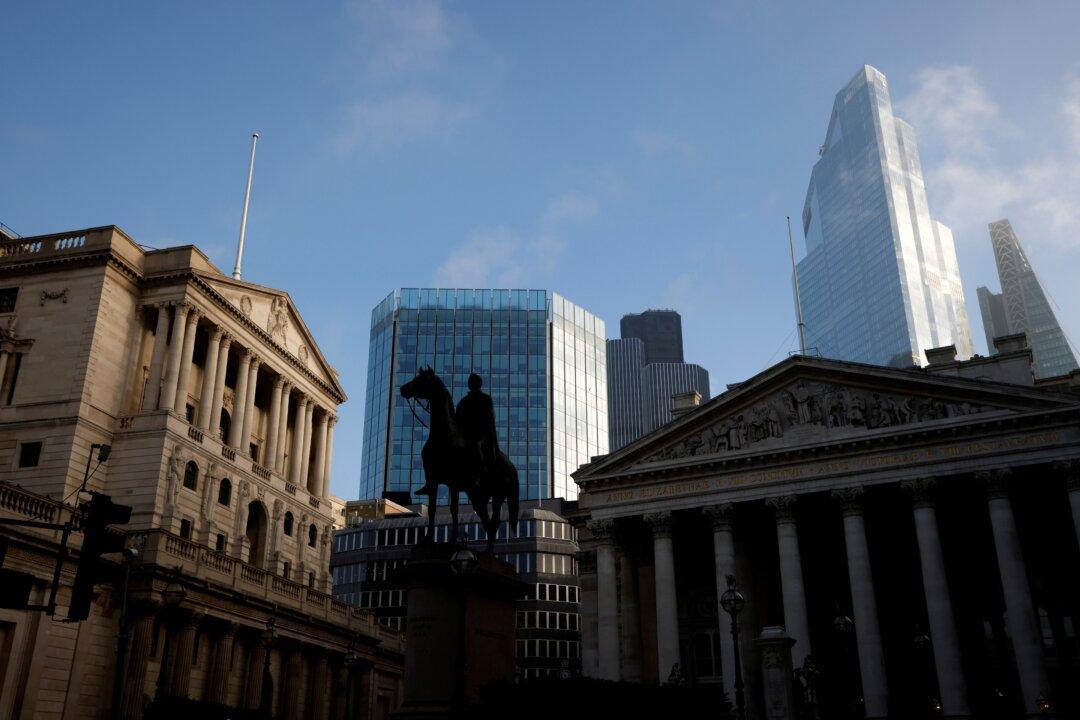The UK banking system would be able to withstand a severe economic turbulence, deeper than the 2008 financial crisis, a report by the Bank of England (BoE) has claimed.
The stress test performed by the BoE will likely appease British businesses and households who are concerned with the rising interest rates and high inflation.





